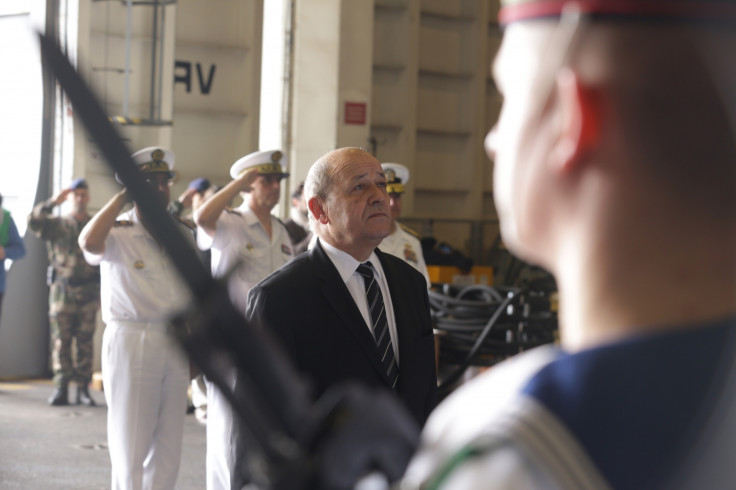France seizes would-be-jihadists' passports as aircraft carrier starts anti-Isis operations

French authorities have seized the passports of six suspect jihadists who were allegedly about to travel to Syria.
Interior Minister Bernard Cazeneuve said 40 more travel bans were under consideration under sweeping new anti-terrorism laws.
The six alleged would-be-jihadists were the first to have their documents declared invalid for six months since the new regulations were approved in November last year with the aim of preventing home-grown radicals gaining military experience and trading in conflict zones abroad.
More than 1,200 Frenchmen are believed to be fighting in Iraq and Syria, making the European country the largest western contributor of militants to Islamist organisations there, according to the International Centre for the Study of Radicalisation (ICSR).
The high number has fuelled fears that some could use combat skills learned in war to carry out attacks on European soil, a risk underscored by recent Islamist shootings in France and neighbouring countries.
Mehdi Nemmouche, a 29-year-old of French-Algerian origin who shot four people dead at the Brussels Jewish Museum in Belgium last year, had previously fought in Syria, while the Kouachi brothers who killed 12 people at Charlie Hebdo magazine in Paris last month were said to have received training by al-Qaeda in Yemen.
Meanwhile France's flagship military vessel, aircraft carrier Charles de Gaulle, has started operations against the Islamic State (Isis) in Iraq.
President Francois Hollande had announced the 261.5m (858ft) nuclear-powered carrier was to be deployed in the Persian Gulf to join a US-led international effort against the jihadist group days after the Hebdo shooting.
© Copyright IBTimes 2024. All rights reserved.






